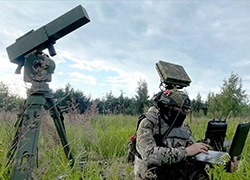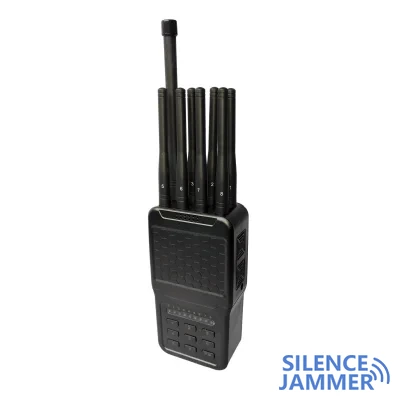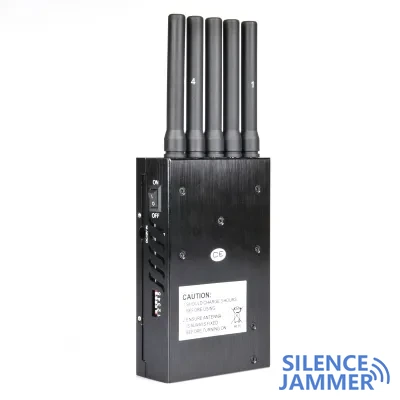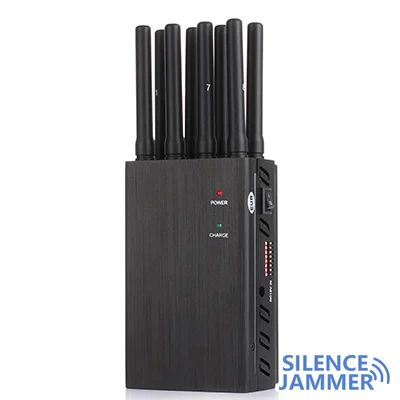The US National Interest magazine website said that the Russian military continued to use military GPS signal jammer device interfere with the Global Positioning System (GPS) in the Middle East, especially the US F-22 and F-35 stealth fighters. Data from US researchers showed that these interference signals originated from Russian air bases in Syria and affected Israeli aircraft flying in Israeli airspace.

Electronic warfare affects Turkish drones
During the Syrian North War, Russian electronic warfare forces also interfered with Turkish drones, causing Turkey to lose 10 drones within 72 hours. According to the US "Defense One" website, James Holmes, commander of the US Air Force Combat Command, revealed that the US U-2 reconnaissance aircraft has used China's Beidou satellite navigation system as a backup system to deal with the failure of the US Global Satellite Positioning System (GPS).

The US military tests the Beidou navigation system
US pilots have repeatedly tested the use of equipment that can receive China's Beidou navigation signals to obtain information such as air direction and speed. General Holmes pointed out that if the GPS system is jammed, US pilots can still perform missions through other navigation services. The signal of the Beidou satellite navigation system will not be restricted like the US GPS, and its accuracy will be better than GPS after the whole system is perfected.

The strategic importance of navigation warfare
Navigation warfare aims to prevent the enemy from using satellite navigation information, while ensuring that the self-side and allies can effectively use satellite navigation information. Since the realization of navigation technology, satellite navigation systems have played an extremely important role in military operations and have become a key technology for achieving precision strikes. Russia has been developing offensive navigation attack technology and equipment to interfere with and destroy the navigation and positioning services of opponents.
US military's multi-navigation system response
In the face of GPS interference, the US military has adopted the strategy of using four major satellite navigation systems and building ground-based anti-interference navigation systems. The Omega navigation system, the Loran navigation system and the TACAN navigation system are its key components. These systems can replace satellite navigation systems during wartime to ensure the navigation capabilities of the US military on the battlefield.




